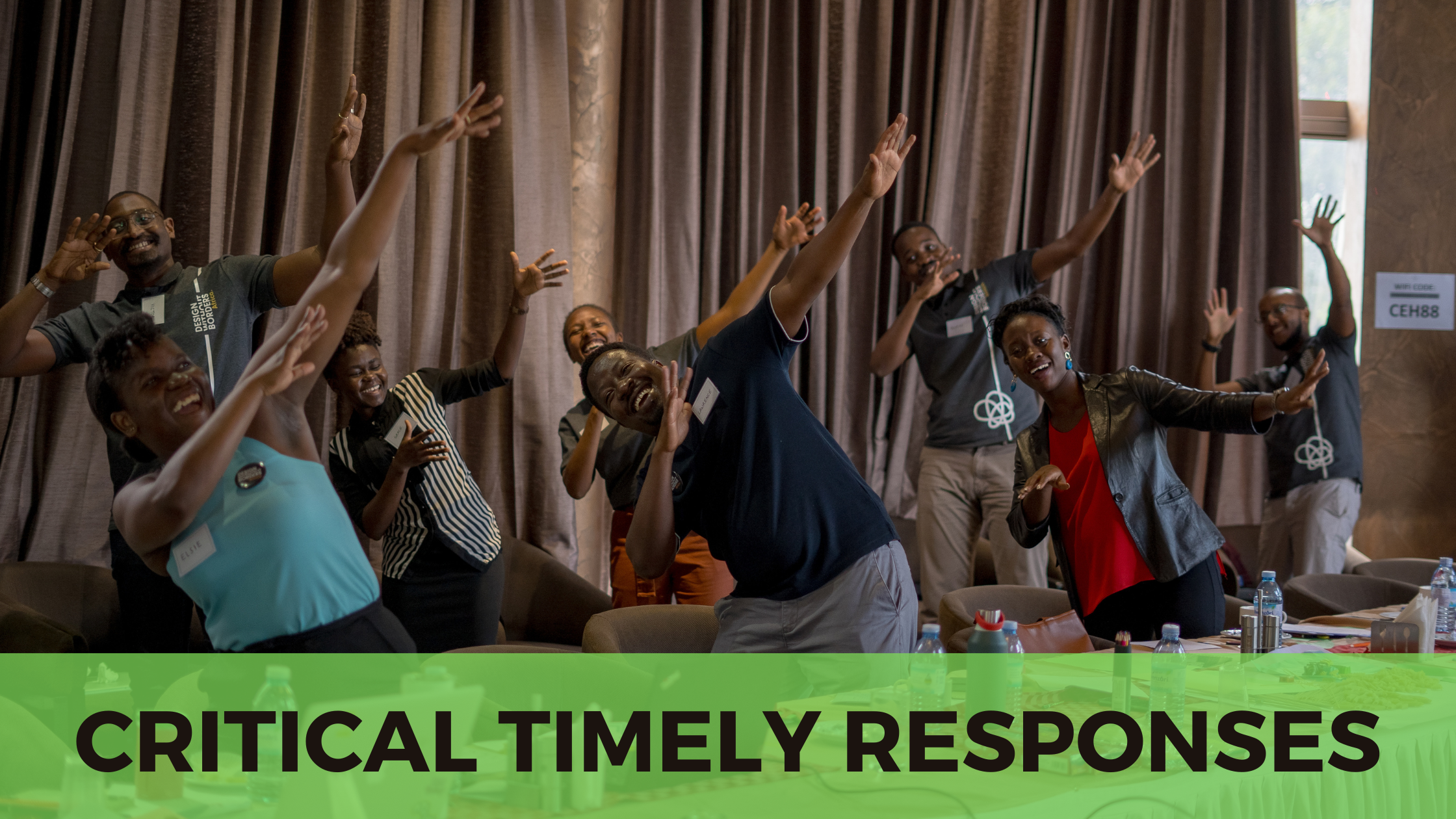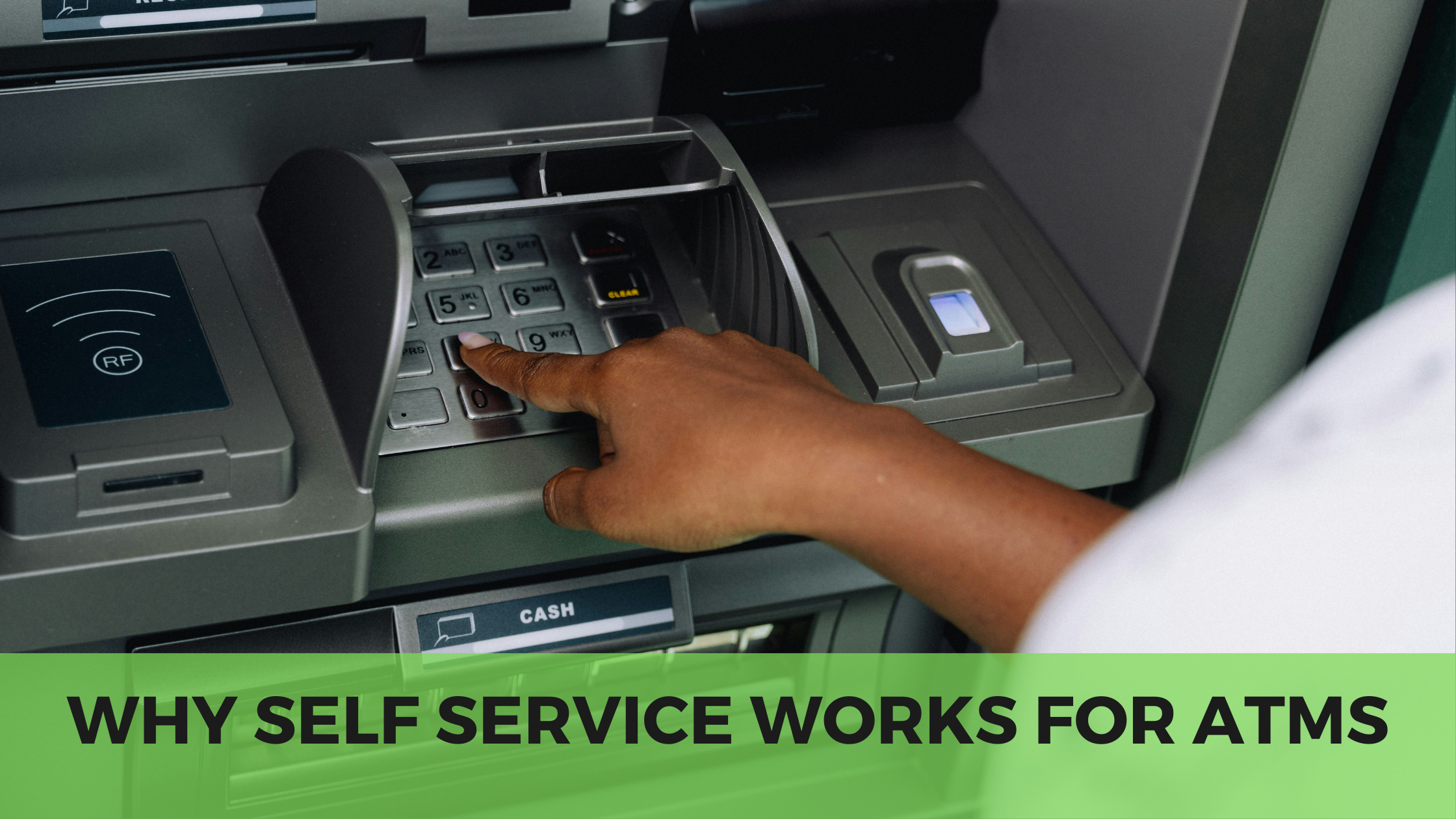There is no such thing as a “dream job.” A better goal to pursue is a “sustainable and purposeful career.” In other words, a career that will keep you…more
At age 24, I was a Manager of Marketing and Sales in a regional Company. I had landed what you would call a dream job. But less than two years into the role, I was ready to move.
Outside of my fancy new title, I had begun to feel empty. In just a few months, my identity had quite literally become “my job” and I lost sight of the many things that fulfilled me outside of it. I didn’t have time or energy for family and friends.
Back then, feeling “purpose” at work was not a priority for most professionals, and it wasn’t discussed widely among people in my field but I searched for purpose.
I encourage you reading this— particularly those who are unhappy with their jobs or constantly in search of the next best thing — to take things into your own hands, too. I encourage you to replace the idea of a “dream job” with a “sustainable and purposeful career.”
In other words, to craft a career that will keep you going because it fits into your value system and aligns with their longer term goals.
This isn’t always the advice people want to hear, but in my experience, it’s the most honest and achievable path to fulfillment.
If you’re feeling unhappy in your current role, and this sounds like a path you want to take, here are four things you can do to get started:
1) Think about whether you’re trapped or being complacent.
You may have all the shiny markers of early success — a great title, a big salary, and the respect of your peers — but if you’re still left unfulfilled and uninspired, you may be caught in a career trap.
A career trap often happens when you get caught up in meeting the expectations of others instead of fulfilling your own; when you work so hard that you lose touch with your mind and body; or when you don’t know how to prioritize self-care. It’s a sign that you need to pause, reevaluate where you are, and reflect on what changes will bring you joy and fulfillment.
As you reflect, be strategic. Before seeking a new opportunity, consider whether your current job aligns with your purpose, and if not, whether that’s something you can and want to change.
Can you take an ordinary task and add your own flare to it? Or is there a deeper problem?
Sometimes bringing your strengths and self into your work can release you from the trap of constantly trying to impress others. On the other hand, if your role fundamentally misaligns with your purpose, you may need to make a bigger change.
2) Remember that you are the architect for your career.
In the long run, you’re the person who determines what your career looks like and what its foundation will be. But to build something you’re happy with, you need to be in touch with yourself. Consider the following questions:
- What do you do best with minimal effort, and how can you use that talent to excel?
- What do you not care to excel at, or what can you deprioritize?
- What types of environments energize you and how can you create them?
- What are your unique strengths, background, and skills?
- What are your core values (the personal principles that guide you)?
- What gives you a sense of purpose (the reason you do what you do)?
Self-reflective journaling can help you answer these questions. There’s no right or wrong way to do it either. Whether you write, type, or draw, through the process of introspection and documentation, you can gain more clarity on how you want your career to develop.
You may even have some breakthroughs that help you work through confusing feelings around where you are now, and what does and doesn’t feel good about your role.
3) Craft your role to better align it with your values.
Job crafting is basically redesigning your work responsibilities to make your role feel more meaningful and fun. While you may not have the autonomy to rewrite your entire job description, there are likely things you can change to better leverage your unique experiences, background, talent, and abilities.
That’s job crafting — making your position ideal for you (as opposed to trying to be the ideal person for your position).
For me, adding the titles “Designer” and “Head of Innovation” to my role is a form of job crafting. Bringing an element of play into my lessons is job crafting, too. You can similarly make your daily tasks feel less transactional and more purposeful by changing your perception of your work. Now you know why I dance a lot during training😊
Let’s say that you’ve discovered you value building deep connections with others. Rather than viewing meetings as times you’re just sitting around, trying not to fall asleep, think of them as opportunities to make friends.
Show up early and get to know your peers by asking about their hobbies and interests. You can make small changes to any area of your job to align your responsibilities more directly with the things that feel meaningful to you.
As you craft your job, remind yourself to do more of what you enjoy and less of what you don’t.
You can’t avoid everything you don’t like to do, but you can bring your personality to your job and do things your own way.
4) Don’t let your job be your whole life — no matter how “dreamy” it feels.
When you work for the majority of your waking hours, your career will inevitably morph into a part of your identity. While that isn’t necessarily a bad thing, it can make you vulnerable to an identity crisis if you burn out or lose your job.
No matter what you value, and how successful you become at making your job “dreamy,” my last piece of advice is this: Don’t let your job become everything you value about your life and yourself. Allocate your time, look for joy and purpose outside of work, and take time away from work to nurture yourself and your relationships.
Balance is what will ultimately lead to a fulfilling life that your career is just one part of.
The best way to find balance at work is to look for companies that value it. If an organization cares about your well-being, supports your complete life, and gives you opportunities to craft your role, odds are, you will do your best work there — even if it wasn’t the dream job you had envisioned.
The moment you have found your dream job is the moment you have stopped growing, evolving, and finding new ways to experience joy in your role.
Remember, you were hired because you offer something the organization is missing. They need change. They need you to bring your whole self to work, and that means doing things differently with the added flare that is you. A job that inspires you and gives you the space you need to be your full self is the dreamiest job out there.
All the best









